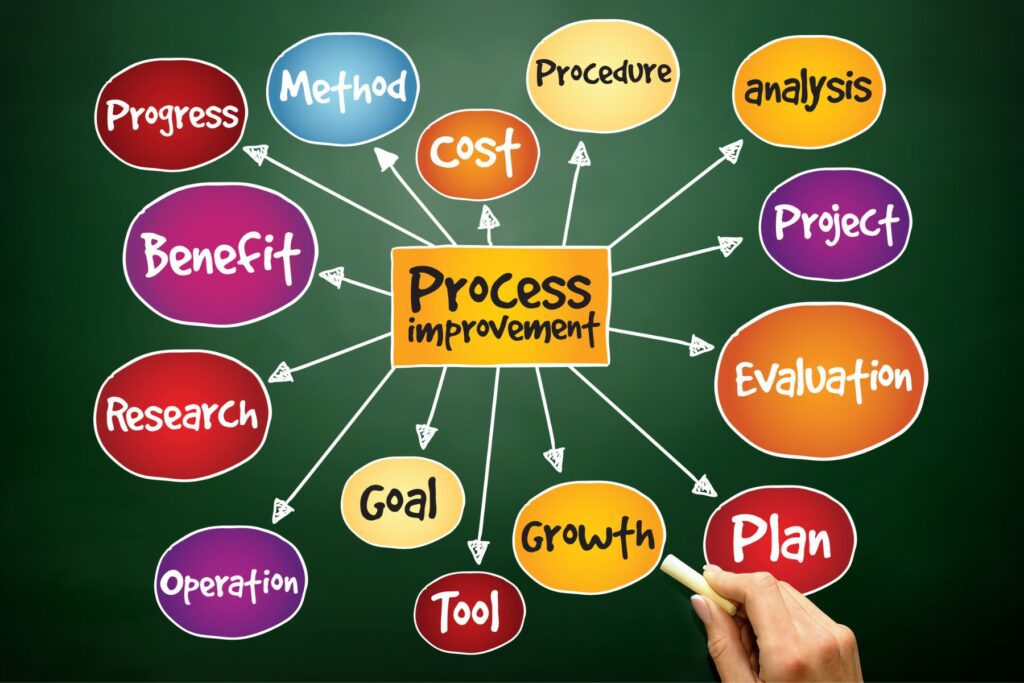How to increase the value of your small business before you sell
As a small business owner, you’ve probably thought about selling your business at some point – whether you’re ready for your next challenge or looking to retire.
But selling up requires a lot of preparation, including increasing your business’s value as much as possible.
From raising your profit margins to improving your systems, you have a wide range of tasks you can complete to make your business more valuable.
Increasing sales
Increased sales means more revenue, which can add a lot of value to a business.
One way to achieve this is to diversify your portfolio, by selling to a wider range of people.
Have you thought about making your products more appealing to a wider audience? What changes could you make to do so?
Alternatively, you could look to your existing client base and consider more ways you could sell to them. If you already have a good understanding of your customers, you’ll be in a better position to create new opportunities.
If you don’t, it can be worth asking your clients some questions. What is deterring them from spending more with you? Is it your sales model? Or are you too expensive? Or are there products or services they need that you don’t provide now? All of this information will give you actionable insights you can use right away.
Increasing margins
Profit margins — the difference between revenue and expenses — are essential when valuing a business. The larger the gap between the sales price and the cost of production, the better.
Typically, companies increase margins by operating more effectively. This might entail decreasing costs, reducing your workforce, or investing in procedures that speed up business operations.
Companies will also want to monitor improved margins over several years; this can’t just be a one-time strategy to boost short-term profit.
We recommend owners regularly assess their finances and make plans for upcoming expenses. Be aware of the items you’ll need to buy and the infrastructure upgrades you’ll need to make.
Controlling costs
Again, taking care of your business costs is not something you can do once and then leave.
For example, you can start implementing project controls, and forecast the upcoming costs for each project. Whether that’s material or staff costs, everything needs to be forecast and monitored.
You’ll then be able to ascertain which areas of your business require more time or money and budget accordingly. You’ll need to keep an eye on this as you go, and be ready to adjust your spending if your circumstances change.
These kind of processes will help develop a more organised and streamlined business, one which is more attractive to a potential buyer.
Record your processes
If you haven’t already, you should be documenting your internal processes and procedures. It sounds simple, but it’s effective and provides a clear foundation for the rest of your staff to work from and continuity in the event a key employee leaves or spends time away.
This way, you’re a more attractive proposition to buyers – as everything will be clearly outlined and accessible.
Improve your systems
The better your systems run, the more productive your business will be – which should mean lower costs and higher profitability. The right technology can go a long way in helping you to make your operations more efficient.
For instance, there’s the potential to save a lot of time on the accounting side of things by automating more work using software. If you’re using cloud software already, you’re on the right track. But if not, it’s time to make the switch.
In addition, it will make your final months and years of operation much easier to manage and give you back hours you would have spent on spreadsheets or manual input. It should also give you the opportunity to collect more financial data, providing a more reliable view of your position for any prospective buyer.
Get a good accounting department
If you’ve got an in-house accounting team, are they reporting on your financial KPIs regularly? Are they giving you insights where needed?
If you don’t have a finance team, it may be worth looking into hiring an accountant – or investing in recruitment.
Whatever you do, having your accounts in good order makes you a far more attractive proposition to a buyer than without.
Build sufficient cash reserves
They say cash is king, and a buyer will always want to feel confident that the business has enough in reserve that it can tackle any unforeseen financial shocks.
We recommend not all of the profits should be paid to shareholders as dividends/ remuneration each year – instead, it’s wise to keep cash in the business, offering some financial security for the future.
An experienced accountant can work with you to determine the right level of profits to keep in reserve.
Final thoughts
You want to get the best value from your business possible, so take your time and look at how you operate today. You want to set yourself up for a lucrative and stress-free sale.
To talk about selling your business and getting the best price possible, get in touch today.
For more finance and accounts outsourcing resources, and tools for your business click on our resources menu.
Disclaimer: This resource is provided as a reference guide only and we recommend seeking professional accounting advice before making decisions. Specialist Accounting Solutions Ltd accepts no liability for any errors therein or any losses or damages arising from it.




